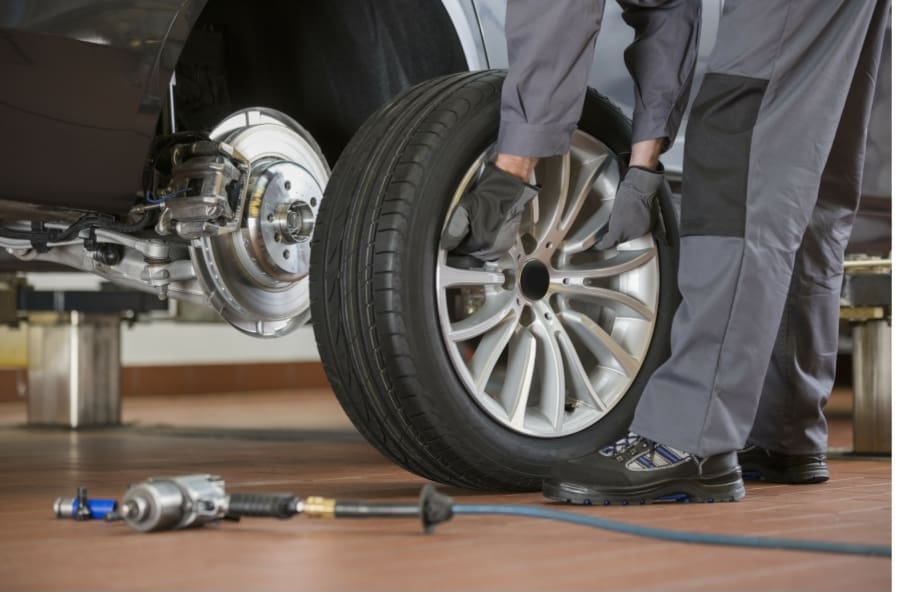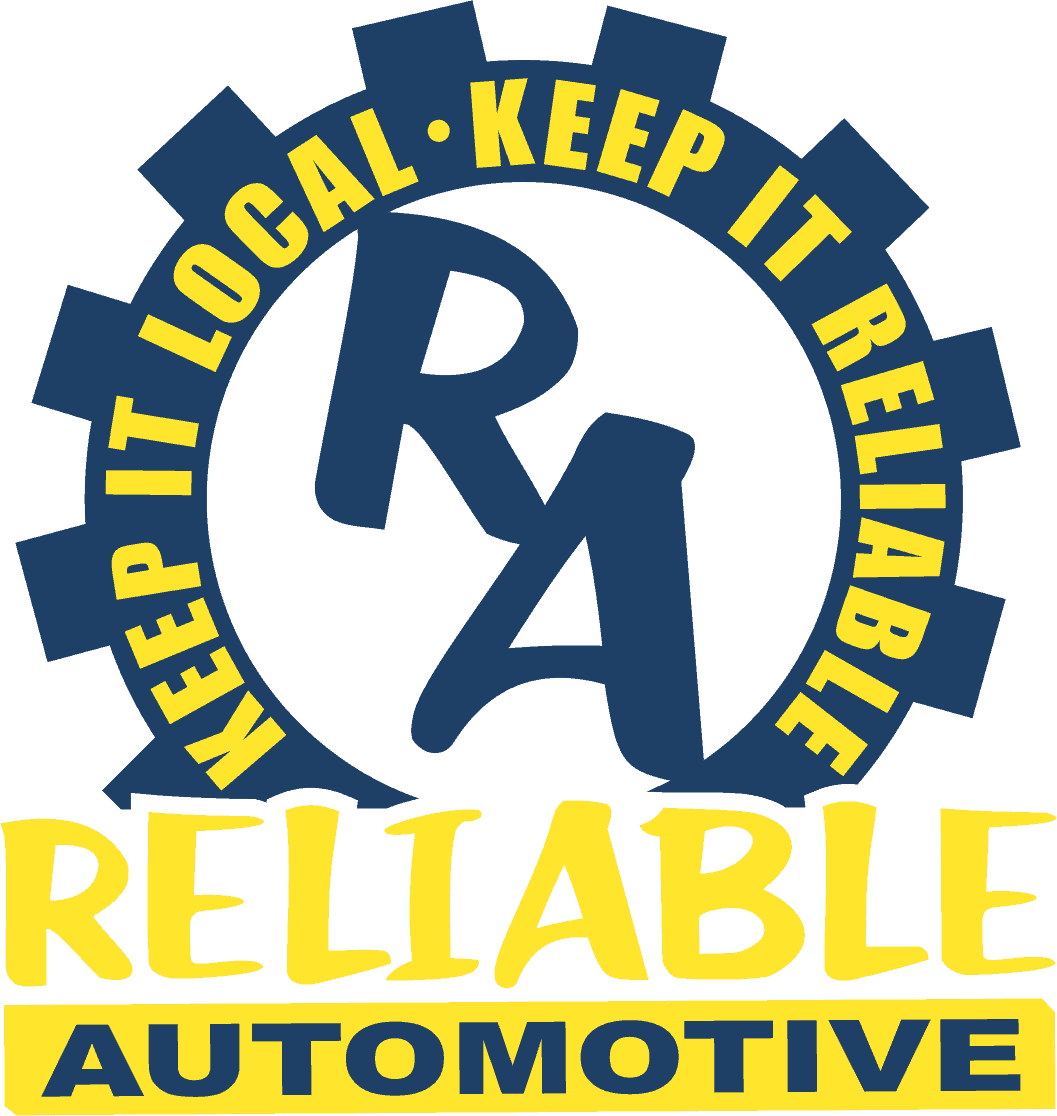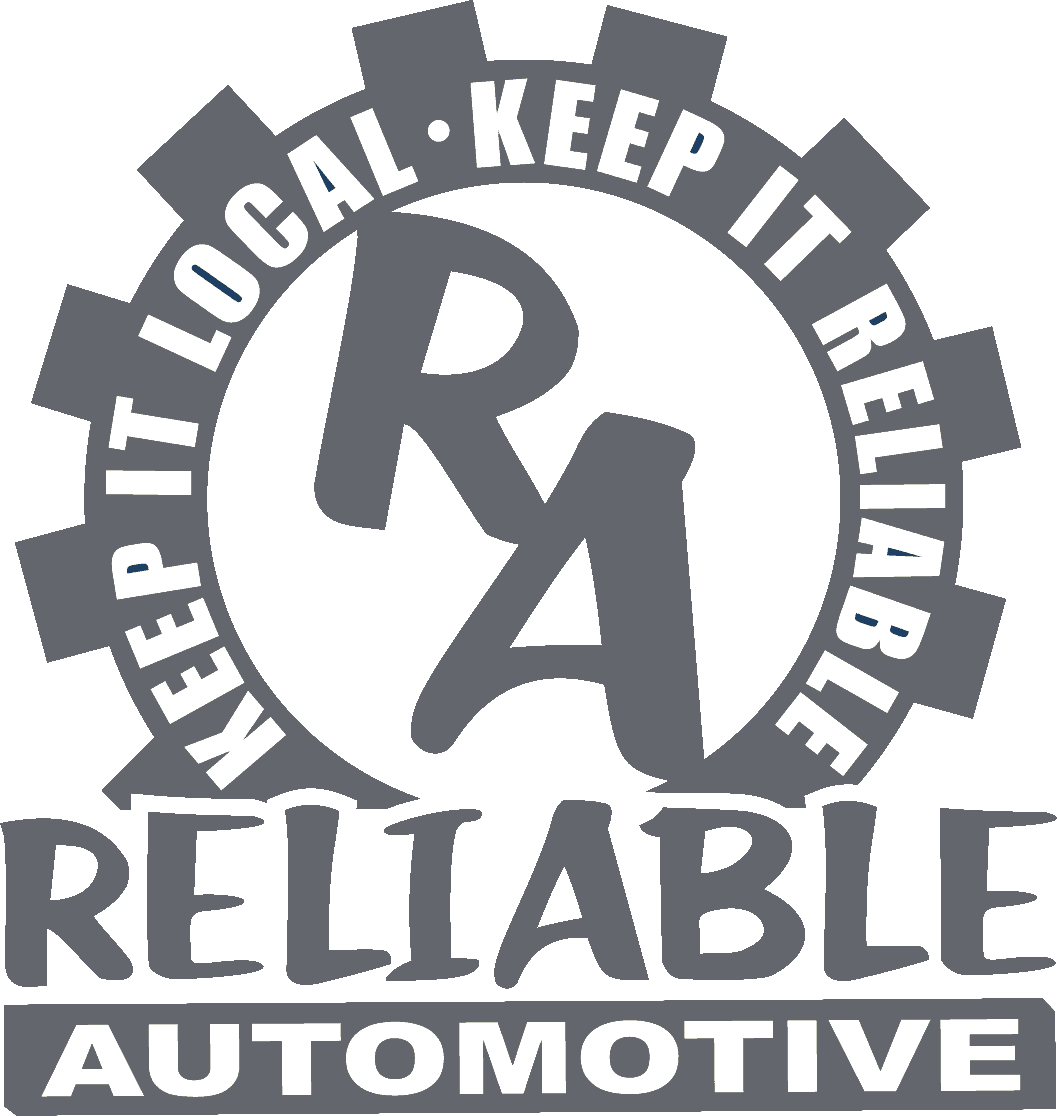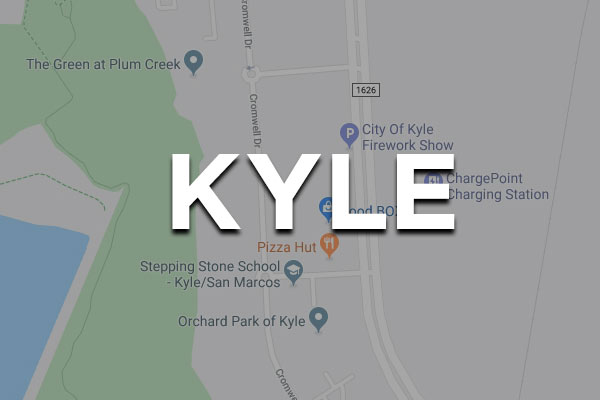
With our fast pace society, the use of our vehicles play a huge role in keeping us active and able to fulfill our obligations to our jobs, families, and social engagements. Upkeep of your car can feel like a huge responsibility, and while it might seem overwhelming, there are a couple of clues that can help ease the stress.
Your brake system is a key element in your vehicle, and it is imperative that your brakes are working properly at all times. There is no set mathematical equation that you can be given to let you know when to change your brake pads or rotors. It is all dependent on many different factors such as how much, how, and where you drive. Other than by having a mechanic regularly checking your brakes and brake system (this is actually doable at your regular oil changes), you can avoid finding yourself in a dangerous situation by identifying your brake issues early with a few of these clues.
A Loud Squeaking Sound
If you hear a loud squeal or squeak coming from your car when you apply the brakes while driving, this is probably your car’s way of letting you know it is time to replace the brake pads. When you apply pressure to your brake pedal, a small metal plate with a pad on it is pressed against the spinning rotor, causing your car to slow down and stop. This metal plate also has a clip like metal indicator on the sides. When the pad portion of your brake pad wears down, you are left with the metal clips to rub against the rotor which is what causes the high pitch squeaking sound. You only have a limited amount of time until that indicator gets worn down as well. When this happens, the very low cost of replacing your brake pads goes up because you are now damaging other parts of your brake system.
A Loud Grinding Noise
After you have heard the loud squeaking noise for a while, the sound will start to change into a deeper, more aggressive sound when you press on the brakes. This means that the metal backing plate that once housed both your brake pad and the indicator is now the thing that is being pressed against your spinning rotors when you apply pressure to the brake pedal. These two pieces of metal grind together every time you hit the brakes, further damaging both aspects of your brake system. It is crucial that you refrain from driving your vehicle until you can have a mechanic assess and fix the damage.
Sponginess
If you apply pressure to your brake pedal and you feel like the tension is starting to morph into a sponge like resistance, it might be a sign of an issue like a brake fluid leak or a warped disc. Both problems should be addressed as soon as possible in order to maintain a safely working vehicle.
Warning Lights
Most modern cars come with several mechanical problem indicators on your dashboard. The indicator for your brake will most likely be in the form of the work “brake” or a circle with an exclamation mark in the middle. It is always wise to check your specific vehicle’s manual to brush up on all the warning signals that are intended to inform you of issues going on that you might be able to see. By listening to your vehicle and following these basic procedures, you might be able to save yourself thousands of dollars in avoided damage and prolong the overall lifespan of your vehicle.
Consider Reliable Automotive if you’re looking to check your brakes in San Marcos
Book a Brake Repair Appointment in Buda
Book a Brake Repair Appointment in San Marcos
Book a Brake Repair Appointment in Kyle






